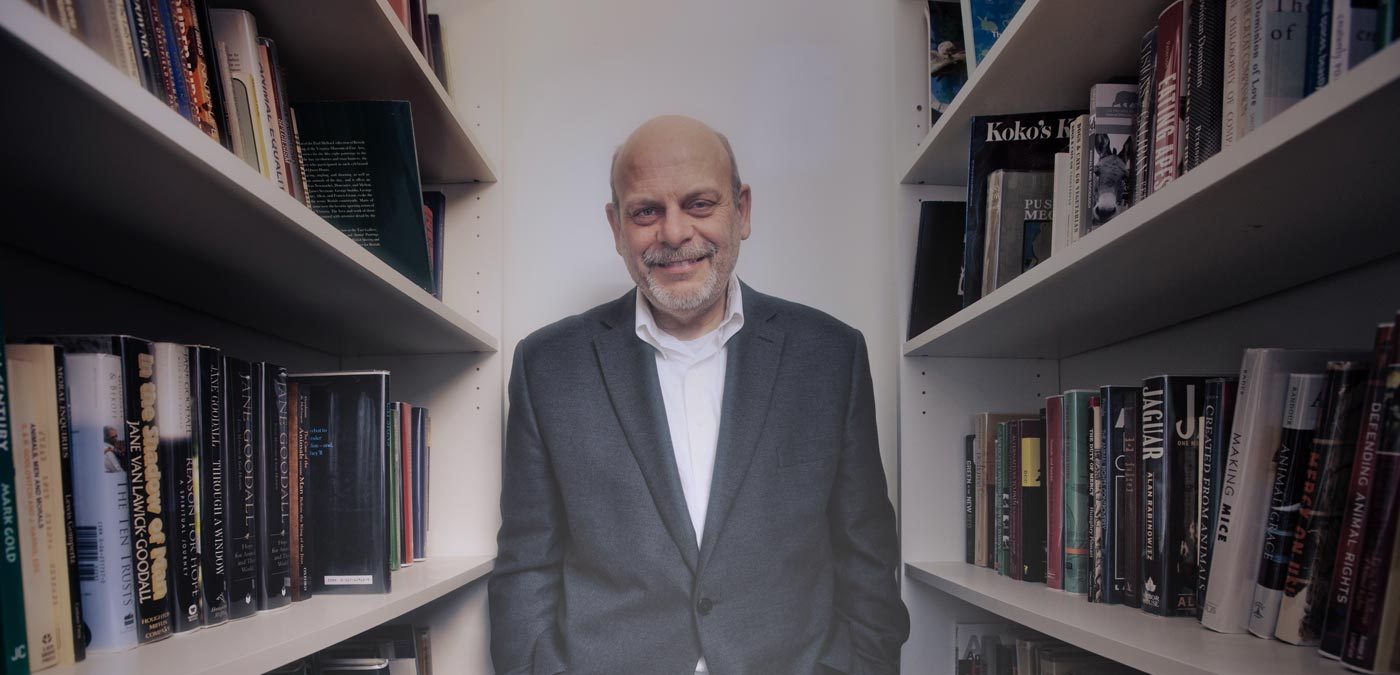Feminists for Animal Rights
 Although the impact of ecofeminism on my thinking about animal rights is as present as ever in my life, I had forgotten how important the presence of Feminists for Animal Rights was in the animal rights movement … until yesterday’s conference in celebration of the life and work of Marti Kheel at Wesleyan University in Connecticut.
Although the impact of ecofeminism on my thinking about animal rights is as present as ever in my life, I had forgotten how important the presence of Feminists for Animal Rights was in the animal rights movement … until yesterday’s conference in celebration of the life and work of Marti Kheel at Wesleyan University in Connecticut.
It is Sunday morning. The day after a very long day yesterday spent in the conference. I am still too close to what happened to be able to say anything about it other than it was incredible.
To meet and hear attendees and speakers, who are old friends and colleagues, some not seen in decades, and authors and intellectuals, who I only know through their writings but have now had an opportunity to hear speak, is something to be celebrated. Such a richness of insight and expertise.
The conference was built around a series of four presentations. Each one consisted of a panel of mostly four speakers in each one. As one of the presenters, we were asked by the organisers, Carol Adams and Lori Gruen, to submit a paper in advance to share with our fellow presenters. At the conference, we were asked to make a 10 minute summary presentation, which was followed by a discussion between panellists and then with everyone present.
This approach meant that in one session the subject ranged widely from a hearty critique of capitalism to the consideration of a hypothetical group of people from another time and place who were occasional cannibals. And much more to recall and detail here.
One of the outcomes from the conference is planned to be the publication of an anthology of articles. So, stay tuned on that one.
More immediate, however, another outcome is the revival of Feminists for Animal Rights. For various reasons, FAR had become dormant as an organisation in the animal rights movement and beyond. Yesterday reminded me of the unique and special role FAR had in not only informing the debate about our relations with animals but also with the development of the animal rights movement. There is a new website, which includes copies of FAR’s newsletter and important articles as well as links to like-minded organisations. Please visit the FAR website to discover or renew yourself with the unique insight of what ecofeminism has to offer.
Here is an extract from my paper from yesterday which recalled the impact FAR made on me as my ideas about animal advocacy developed.
So, beginning in the mid-1970s with the publication of Animal Liberation by Peter Singer, which advanced a utilitarian argument in support of animals, and, then, in the mid-1980s with Tom Regan’s Case for Animal Rights, I saw the emergence of animal ethics as a key discipline. Regan challenged Singer’s utilitarian arguments by making the case that animals were subjects of a life and held intrinsically rights, including the right to respect, which could not be traded away in something like a utilitarian calculation. Thus began the development of animal ethics whereby one theory was challenged by another and my thinking of animal ethics developed accordingly. Then, in the early 1990s when I found myself unknowingly transitioning from animal activism to animal advocacy, I became intrigued with what was I was learning from my discovery of ecofeminism.
Two developments stand out. The first is the publication of Carol Adams’s Sexual Politics of Meat in 1990. The second is watching Marti Kheel and Carol Adams present Feminist for Animal Rights slide show (a copy of which is in my archive). They awakened in me new and intriguing ways to think about animal rights and animal advocacy. These experiences led me to conversations with, among others, Marti, Carol and Batya Bauman, and to other books and anthologies which I also found enlightening. I liked how ecofeminism presented animal exploitation within a progressive context alongside other social justice issues. I found it exciting to see written and visual analysis being made of ideas about masculinity and masculine behaviour. As a gay man who was intuitively uncomfortable with sexism but little understood the theories of feminism, they resonated well and deeply with me.











